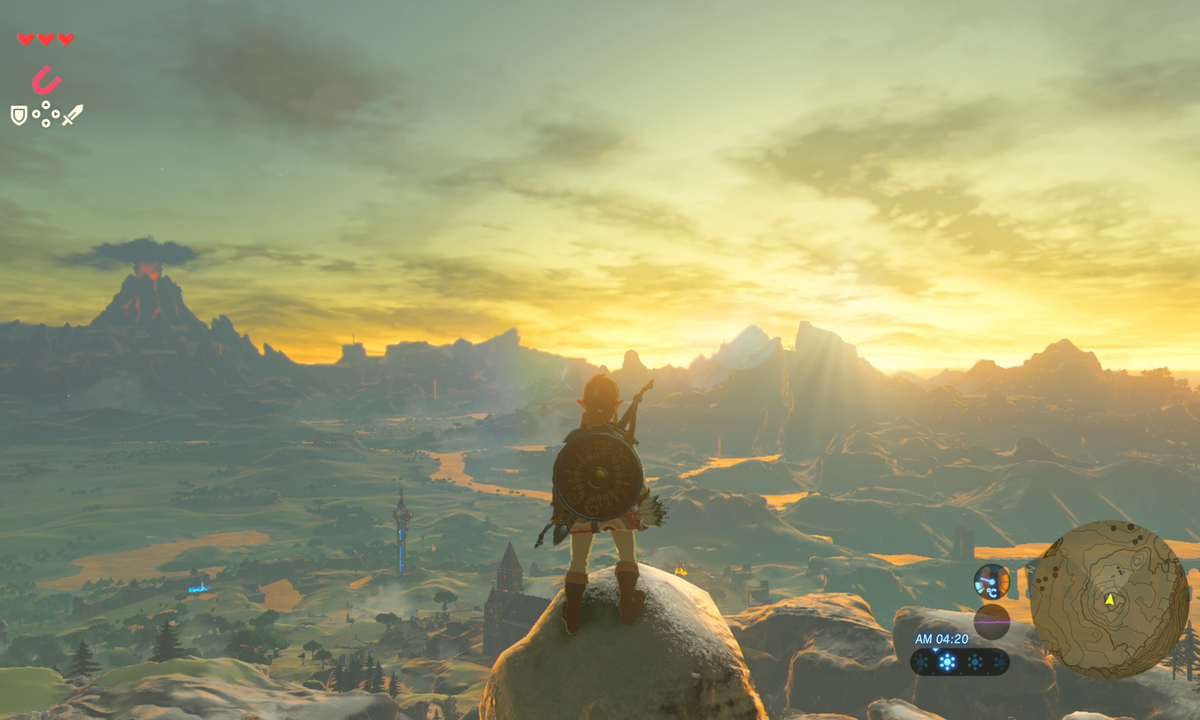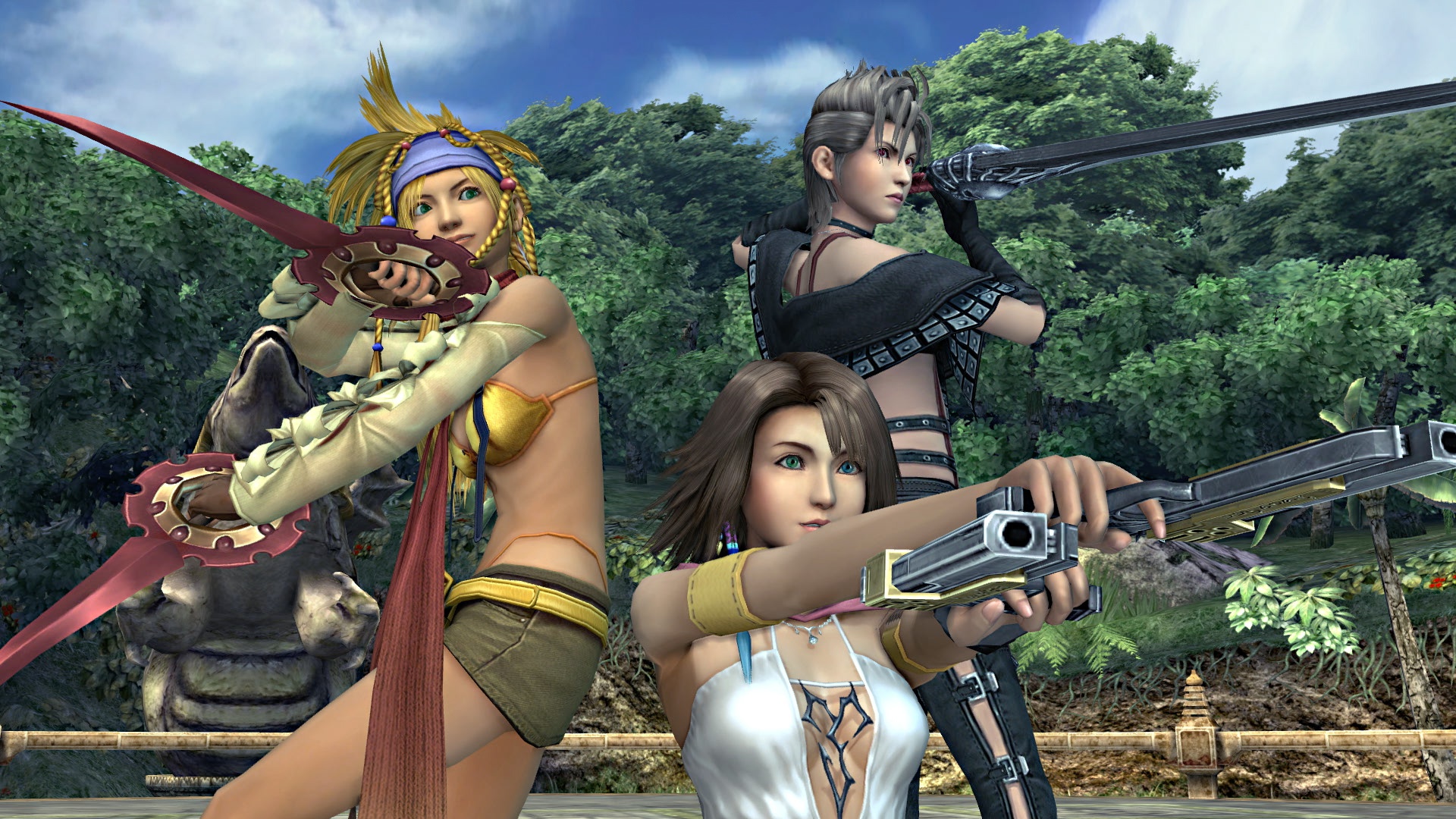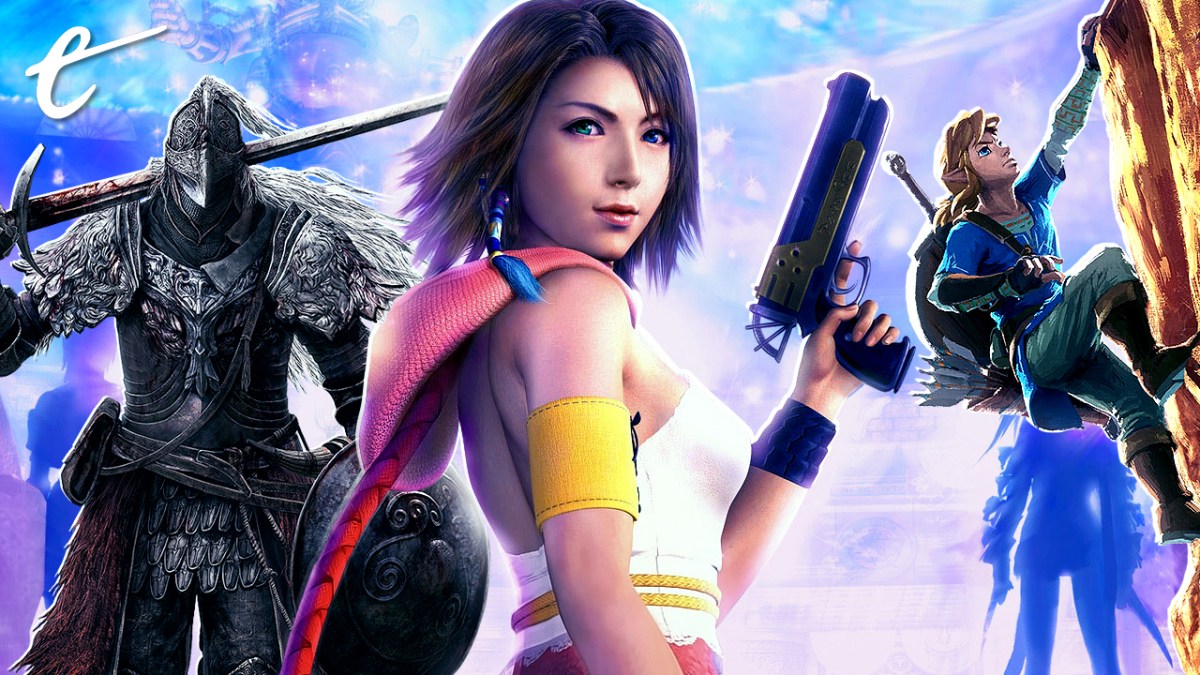No matter where you travel, no matter how foreign the locale — where there is music, there is common ground. While the particulars of what music means to different people will vary, its ability to dredge up old memories, elicit emotions like joy, sorrow, and melancholy, and create change is unquestionable.
Music in video games is just the same, with the best of it linking our triumphs and our failures to a particular tune. It’s the rare Millennial gamer who doesn’t remember the first time they booted up the Halo main menu and heard the soaring chorus, for instance. Then there are boss fights that, no matter how epic in scope, would fall flat without an epic score to back them up.
It’s a testament to the power of music that the Souls series, one of the most influential in modern gaming, only uses music during bosses and for very specific areas of the game. Even Elden Ring, which added ambient tunes to its vast open world, was still reserved with its soundscape until moments of high tension or intense action.
The same is true of The Legend of Zelda: Breath of the Wild. Traveling Hyrule’s fields, mountains, deserts, and snowfields was a solitary and sometimes downright lonely experience. It was rare to hear so much as a few hints of strings or piano notes, but that subtlety was intentional. Rather than try to distract the player, these infrequent, sparse songs reinforced that sense of isolation, and it was only during boss battles, dungeons, or when visiting inhabited towns that some of the classic tunes returned.
Music need not be solely an emotive force, however. In games like Metal: Hellsinger, music is part of the gameplay. “Slaying to the beat,” as the game calls it, relies on the music having a particular cadence and easily identifiable percussion line. That didn’t stop the game’s composers, a duo called Two Feathers, from also creating some of the best metal this side of a Mick Gordon soundtrack.

As Metal: Hellinsinger is an adrenaline-fueled sprint through various arenas filled with demons to kill, its music needed to create urgency and inspire the player toward greater heights. The soundtrack’s first few songs were slower and introductory, but as the game got rolling, the songs increased in tempo, ferocity, and complexity at the same time the game did. The ramp-up ideally coincides with the investment of the player in the moment-to-moment gameplay, driving them forward until the last beat falls silent.
These soundtracks are also designed to stick with you and key specific sequences to your memory. That moment in Elden Ring where you conquer Margit, the Fell Omen, your first encounter with a major NPC in Breath of the Wild, the first time the vocals kick in in Hellsinger — all of them make an indelible mark in the psyche.
Music reminded me of its power recently when I heard a song from Final Fantasy X-2. While few of that game’s tracks — and fewer of its story beats — stuck with me, the main menu theme is burned into my brain. I was in my formative years when X-2 originally released, and I would leave the game open for hours just listening to the menu song called “Memory of Lightwaves.” It’s a somber, searching piano piece that’s both melancholic and somewhat hopeful.
It was also one of the last pieces of music I ever listened to with my father. He wasn’t the biggest fan of most of the music I enjoy. I’m something of a metalhead but with a taste for synthwave and EDM on the side. Dad was more of a big band, classical music kind of guy, befitting his older-than-average age when I was born.

I would often share with him the music I was enjoying from whatever game I was playing, and like a good father, he tolerated most of it. However, the Final Fantasy and Zelda soundtracks were always welcome (or so I like to believe). As we both got older, I shared these less and less, but in the last few months before he passed, I played “Memory of Lightwaves” for him, somewhat on a whim.
Whether he genuinely liked it or not is beside the point. The experience of sitting in our living room, listening to the piece, and knowing now that it was one of the final moments I would share with my dad has seared the experience into my memory, no pun intended. I can’t associate it with anything else now: not the game it came from, not my initial discovery of it, not any of the childhood and early teenage years spent listening to it on repeat. It is now one of my father’s songs, tied to what remains of him in my mind for as long as I live.
More than that, “Memory of Lightwaves” is a clearer reminder of my dad than most pictures of him. I can find his face in a dozen different places, but he was more than the smile he gave the camera. When I listen to his song, I have a better time remembering his idiosyncracies, the complex man he was behind a handsome face and kind eyes.
We played other music at Dad’s memorial service, of course. The kinds of pieces we knew he liked from his youth and in his better years. But like the first few bars of a Legend of Zelda tune or the crescendo of a Souls boss theme, I can’t hear Final Fantasy X-2’s soundtrack without rushing back to a single moment, now more painful and peaceful at a stretch.






Published: Apr 9, 2023 11:00 am